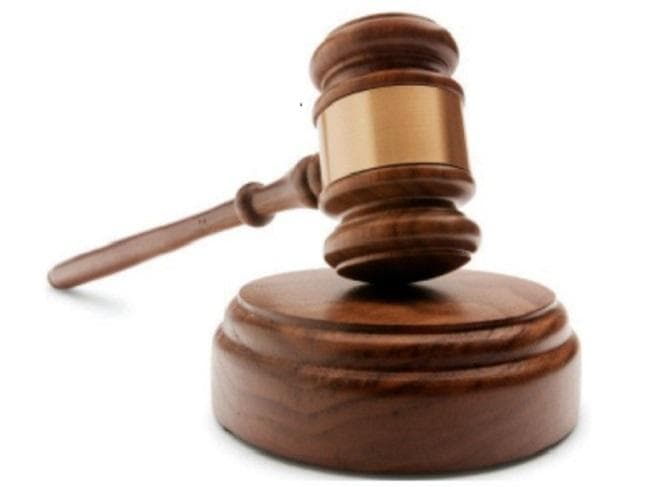US Supreme Court to Judge No Fly List
In 2010, Yonas Fikre, an American citizen living in Portland, took a trip to Sudan. While traveling in Sudan, he discovered that he was placed on the No Fly List. During this time, Fikre was approached by FBI agents who offered to remove him from the No Fly List if he agreed to become an informant. Yonas Fikre refused. What ensued after was a nightmare that became Fikre’s reality. Fikre was tortured and detained for 100 days in the UAE at the behest of the FBI, and he fled to Sweden seeking refuge, unable to return to the U.S.
While this incident occurred in 2010, it has been placed in the spotlight again as the Supreme Court of the United States has granted the case certiorari. This announcement was made by the Council on American-Islamic Relations (CAIR) on October 5, 2023. This case is important because it will have implications on people who have been placed on the No Fly List and their ability to seek relief through the court system though they may no longer be on the list. Many Muslims were targeted and placed on this list. Muslims made up nearly 99% of the No Fly List in 2019.
During litigation of this case, the FBI removed Fikre from the No Fly List and argued in court that his claims were moot. When a case is rendered moot, it means that it has lost practical significance because the underlying issue has been resolved. The argument that the FBI makes is that Fikre no longer remains on the No Fly List, and therefore he is not suffering from a current harm that the court system can provide relief under. This is the issue that the Supreme Court will deal with in the upcoming case.
When a writ of certiorari–review of a case–for the Supreme Court is accepted, the highest court in the U.S. makes a binding decision that remains in place unless they overturn it. The Court accepts around 100-150 of the more than 7,000 cases that it is asked to review in a year. This provides a glimpse into the exclusivity of the Court and how many cases are truly reviewed.The fact that Fikre’s case is being heard in the Supreme Court means that all cases that come after it will have to adhere to the decision rendered.
If the Supreme Court agrees with the FBI, then it would insulate the FBI’s No Fly List from judicial scrutiny and the cases of an individual who sued would be moot. The unfortunate reality that would not be reconciled would be the impact of being placed on the No Fly List. This list not only inhibited people from flying, but impacted many other sectors of their lives like employment. If an employer is informed that an individual is on a No Fly List, the implications will generally be negative. If we look at the case of Fikre, being placed on this list resulted in torture and being stranded from home.
Ultimately, there is a possibility that the result of the Supreme Court’s decision could have a negative impact on No Fly List cases going forward. Alternatively, they can rule in favor of Fikre and deny the FBI’s mootness claim. Like many things in life, only time will tell.
Sauliha A. Matin

